Prebiotic Skincare Is the Soothing Balm You Need for Sensitive, Reactive Skin
Jennifer Brodeur, a Montreal-based facialist and the CEO/founder of JB Skin Guru, could easily be running a Level 1 trauma centre for skincare. She recently had a female patient come in with a second-degree burn on her face. The cause? A chemical peel that might as well have been made with battery acid—it was so concentrated that it cleared out pores to the point of completely obliterating the top layer of this young woman’s skin.
And it wasn’t the first time Brodeur has had to “perform CPR” on a complexion left damaged by extreme exfoliating measures—whether they’re gritty scrubs, harsh peels or overly “purifying” masks with aggressive active ingredients. The belief that “stronger is better,” says Brodeur about today’s skincare regimens, “is absolutely incorrect.”
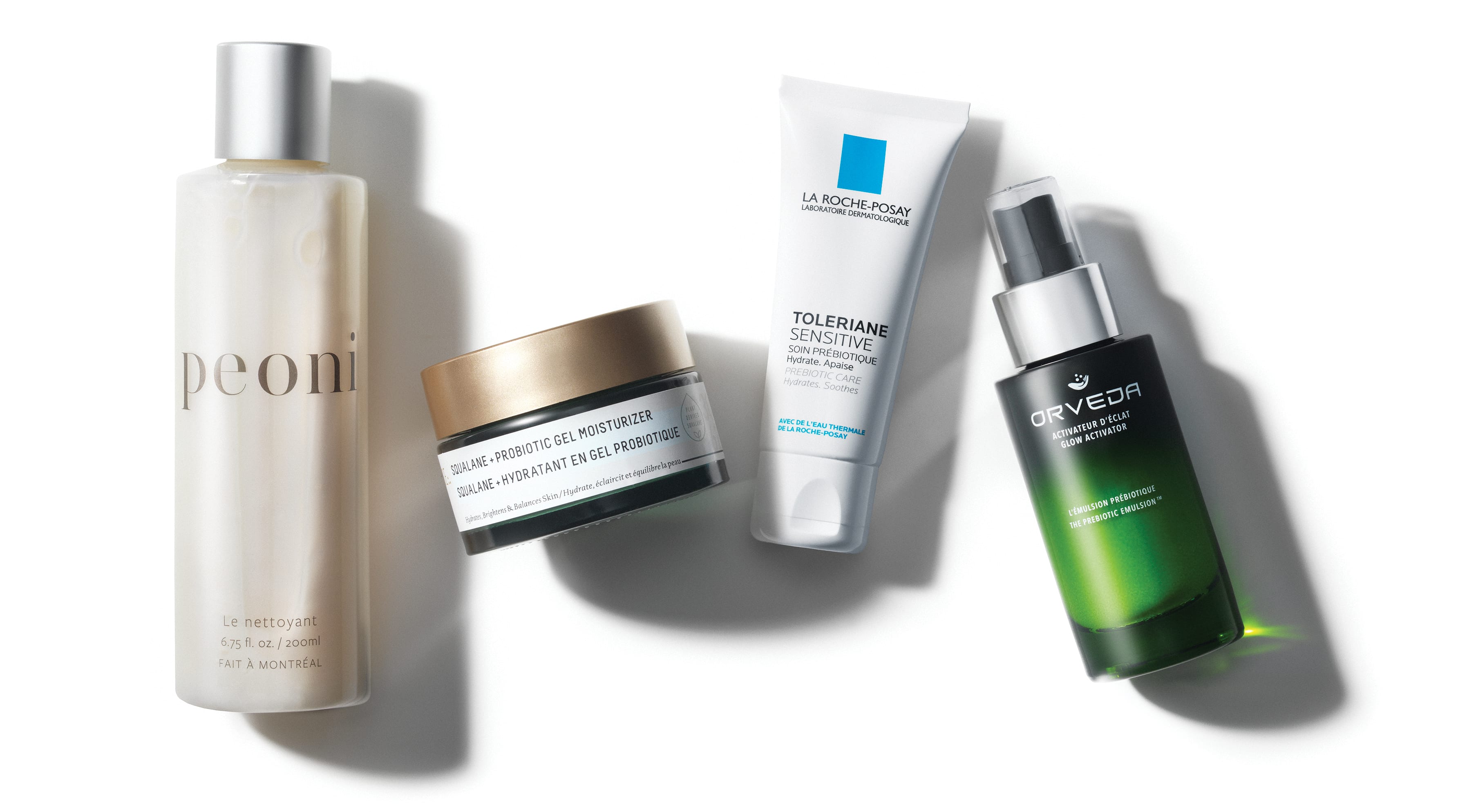
Blame it on an obsession with spotless, airbrushed skin that doesn’t need a filter. In an effort to achieve that instant #glow, many enthusiasts (quite literally) burn their faces off. This, in turn, disrupts the skin’s microbiome, the delicate ecosystem composed of healthy, beneficial bacteria, says Dr. Rachel Nazarian, a New York City dermatologist. When this mix of flora is compromised, she explains, the “good bacteria are no longer able to keep inflammation and ‘bad’ bacteria in check.” All the unhealthy microbes come rushing in, triggering things like acne, rosacea and generally stressed-out skin.
So it’s no wonder that nearly 70 per cent of Canadian women describe their skin as sensitive. This epidemic doesn’t surprise Sue Y. Nabi, a former beauty executive at L’Oréal with a background in biochemistry. “We now have a whole generation of women—and men—who spend their lives scrubbing, rubbing, lasering and peeling their faces in the hope that this ‘damage’ will spur healing and their skin will look younger,” she laments. The truth, she argues, is that we should do the opposite: Let healthy bacteria thrive and strengthen the skin’s natural “immune system” for youthful, radiant results.
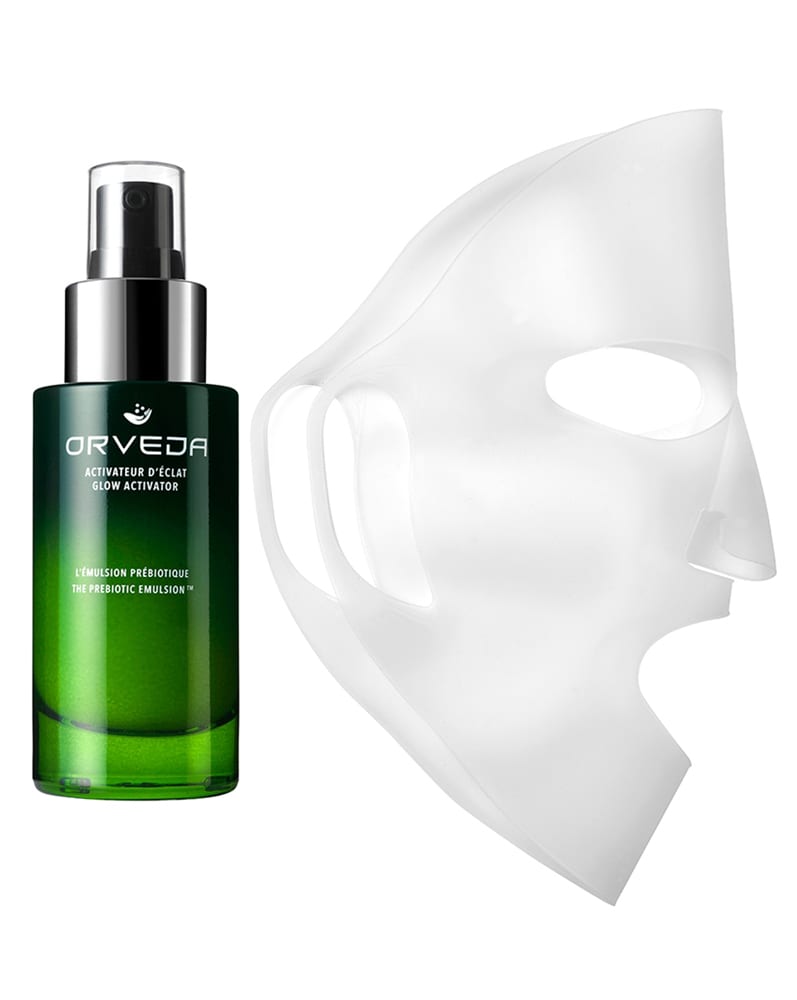
With this goal in mind, Nabi launched Orveda, a luxury vegan skincare line that’s all about nurturing—not injuring—the microbiome. Its high-grade formulas replace potential irritants (retinol, glycolic acid, essential oils) with prebiotics—a.k.a. ingredients that “feed” healthy bacteria and allow it to flourish on the skin’s surface. The Prebiotic Emulsion, for example, functions as a serum or moisturizer and can be layered on as a mask so it penetrates deeply to replenish lost moisture. “Feeding the healthy bacteria on the skin is now a key element of any skincare,” asserts Nabi. “Skincare without prebiotics is like a moisturizing cream without hyaluronic acid.”
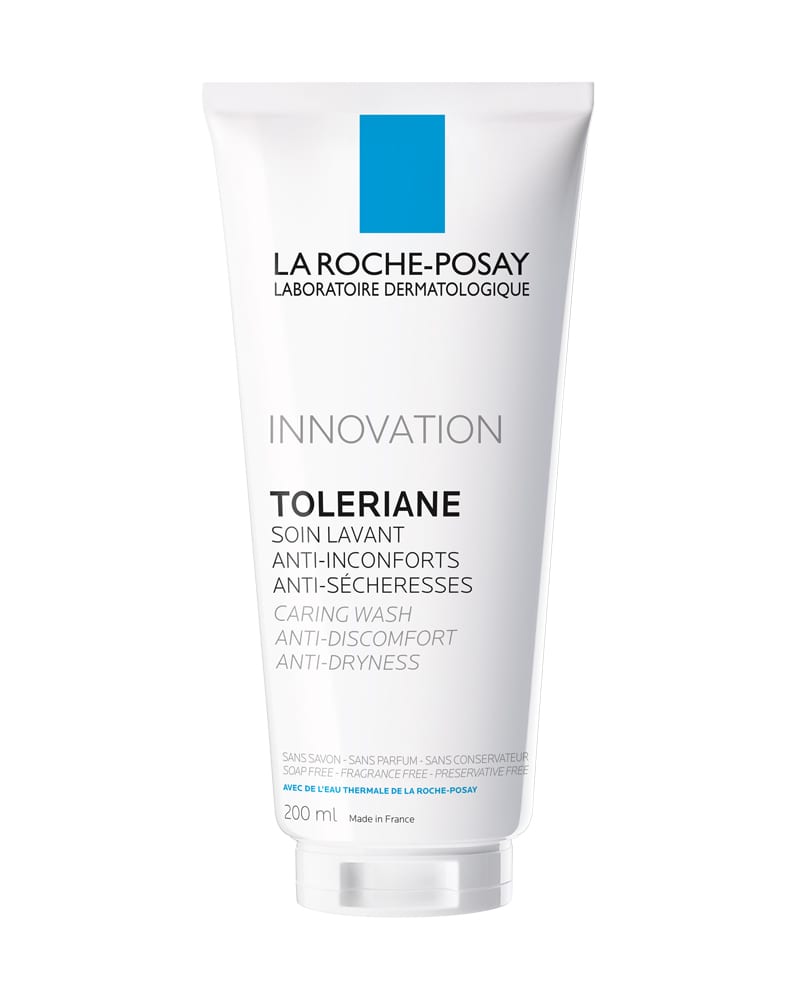
Now, indie and mainstream beauty brands alike are embracing bacteria—in a big way—with a wave of microbiome-friendly formulas to fortify the complexion. La Roche-Posay recently debuted its Toleriane Sensitive Prebiotic Care moisturizer, a lotion infused with vitamin B3 and thermal water to help stimulate micro-organisms. Biossance, meanwhile, is tapping into probiotics (specifically, lactococcus ferment lysate, a bacteria that’s believed to improve the skin barrier) with its Squalane + Probiotic Gel Moisturizer. Applying the jelly-like elixir twice daily can calm redness and pacify touchy, reactive skin.
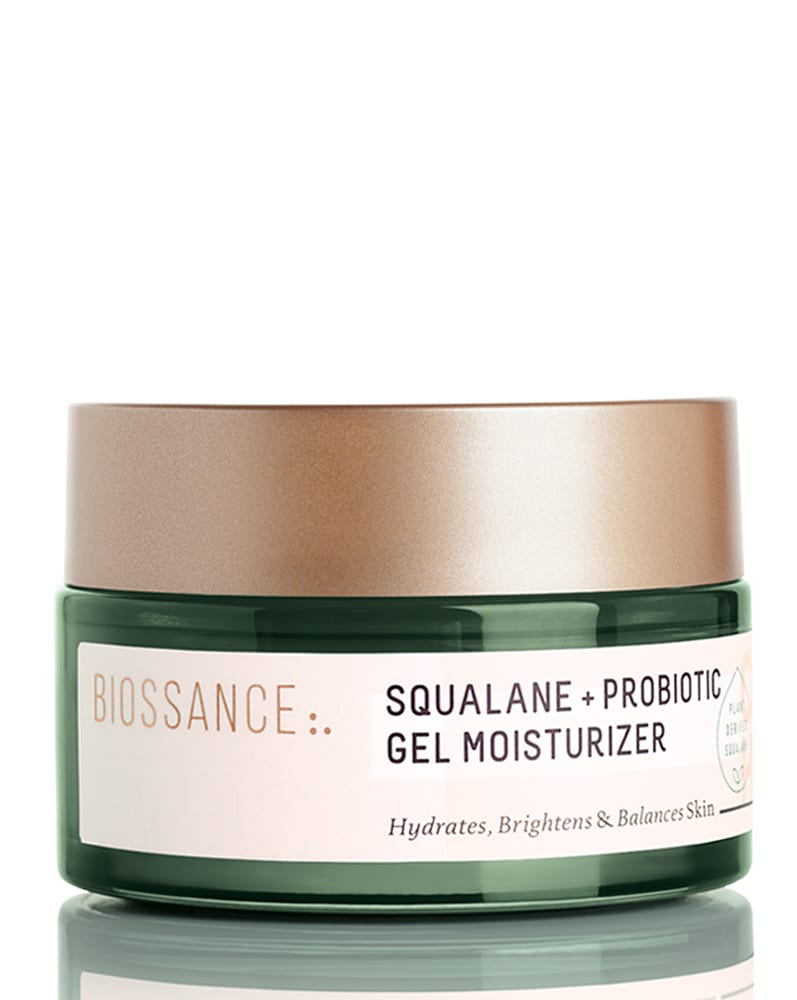
Most of us are already familiar with the gut-balancing benefits of eating cultured foods—miso, yogourt, kefir—but embracing fermented skincare can feel like a leap. Still, the experts say that it’s not simply a fad and there’s science behind the results. “Those who have inflammatory skin conditions or consider themselves to have sensitive skin (with acne, eczema or rosacea) can benefit the most,” says Nazarian. Studies even suggest that “topical probiotics may be suitable alternatives to topical antibiotics for treating acne,” says Dr. Sandy Skotnicki, a Toronto dermatologist and author of the new book Beyond Soap. And unlike with antibiotics, you can’t develop a tolerance to bacteria-spiked skincare. In fact, Nazarian asserts, “you can’t overdo it.”
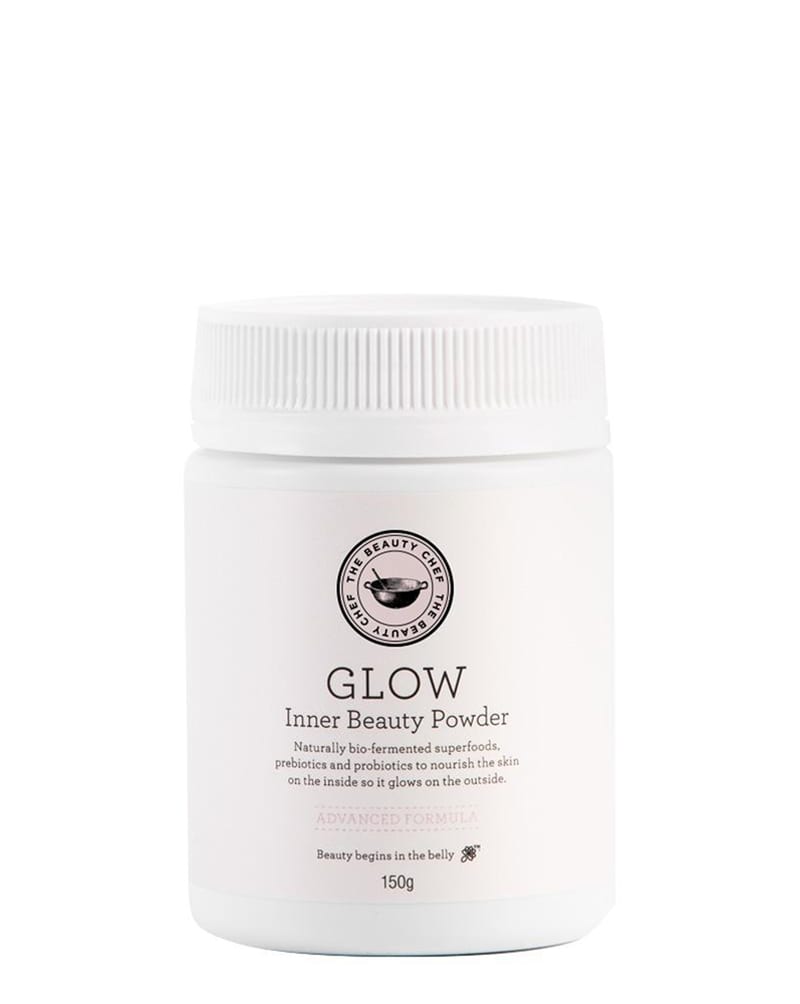
Consider that reason enough to pour yourself a probiotic cocktail. “The skin is very much linked to everything that is happening internally,” explains Nazarian, who finds that treating and calming inflammation in the gut with a bacteria-rich diet and supplements often leads to clearer, more balanced skin. The Beauty Chef’s Glow Inner Beauty Powder aims to energize skin with a mix of bio-fermented superfoods like linseed, maqui berry and pepitas.
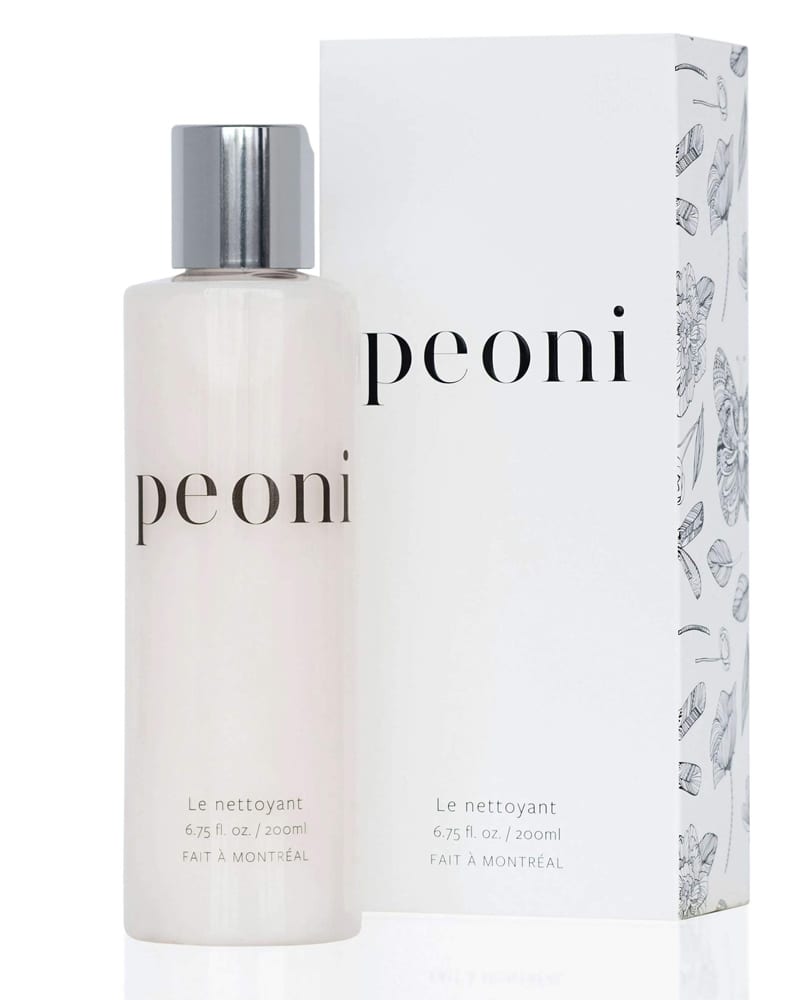
Consistency counts, though. You don’t want to undo all your good efforts by neglecting smart skincare habits. Otherwise, “you’re missing the point,” says Nazarian. Rule number one: Opt for a gentle pH-balanced cleanser, says Brodeur, who treats her clients to her Peoni Le Nettoyant with organic aloe, peony and argan oil. Then, lather up less. “To help maintain the skin’s natural oils and microbial balance, cleanse no more than once a day unless absolutely necessary,” she advises. (That’s right—letting your skin be a little “dirty” is a good thing, confirms Skotnicki). Lastly, you might scale back that 10-step routine. “Patients forget that layering multiple skincare products can lead to irritation,” says Skotnicki.
“If you strip the skin with a cleanser and then put on something exfoliating, you can set your skin up for redness and irritation. I refer to this as cumulative irritation, and I believe it’s the reason for many cases of sensitive skin.”
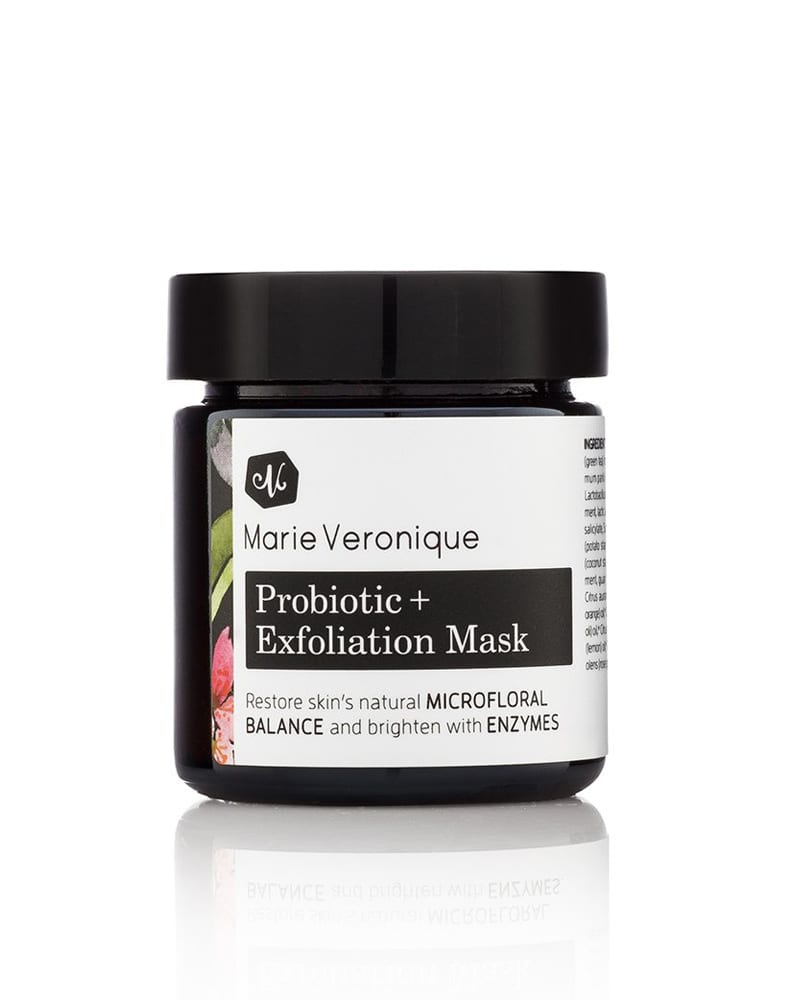
Not that you need to Never. Ever. Exfoliate. Again. Instead, go for kinder methods. Masks, like Marie Veronique’s Probiotic + Exfoliation Mask, pair fermented cultures with mild lactic acid and enzymes to peel off the superficial layer of skin without inflicting any damage. Or, try Orveda’s Visibly Brightening & Skin Perfecting Masque, a leave-on exfoliating fix that relies on spot-correcting gallic acid—or what Nabi calls a “post-biotic” ingredient that’s “activated by the healthy bacteria that live on our skin” to fade pigmentation. This gentle solution, she says, “is the future.”
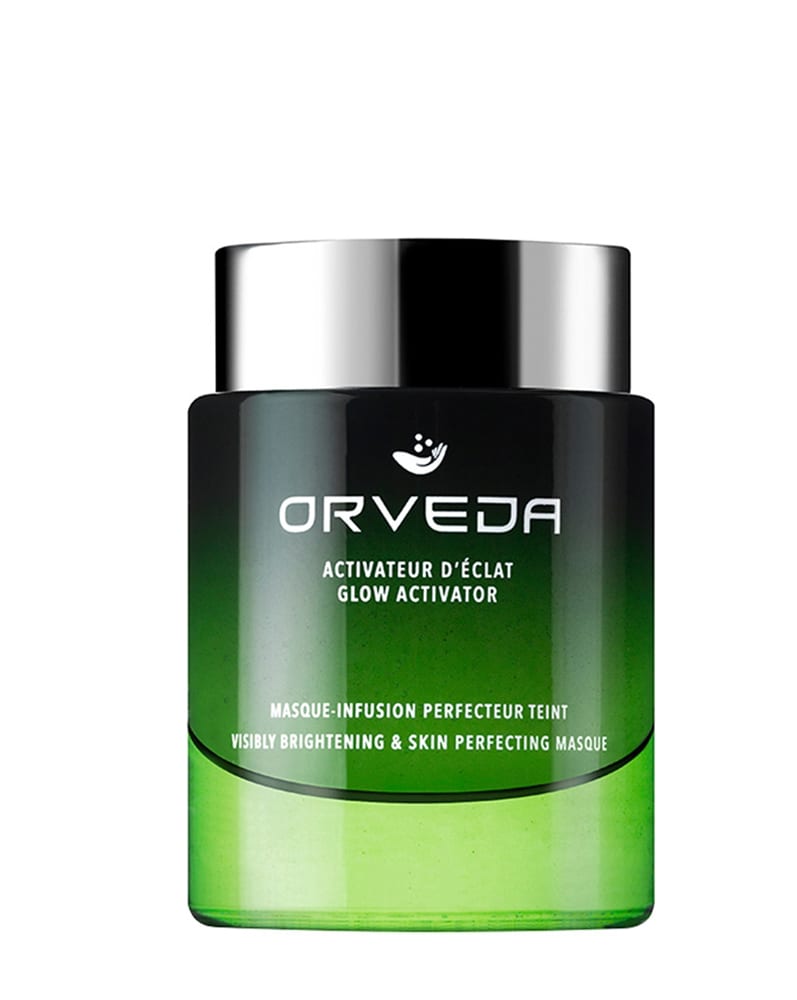
With all the positive buzz and mounting evidence to support both prebiotic and probiotic benefits, expect more breakthroughs ahead. Nazarian predicts that researchers will soon be able to identify specific strains of bacteria and the amounts required to balance skin—a development she expects will happen “in the next few years.” By that point, patting on cultured creams, serums and masks will be standard practice. Or, as she says, “it will be just as natural a step in our daily regimen as taking our multivitamins.”
The post Prebiotic Skincare Is the Soothing Balm You Need for Sensitive, Reactive Skin appeared first on FASHION Magazine.